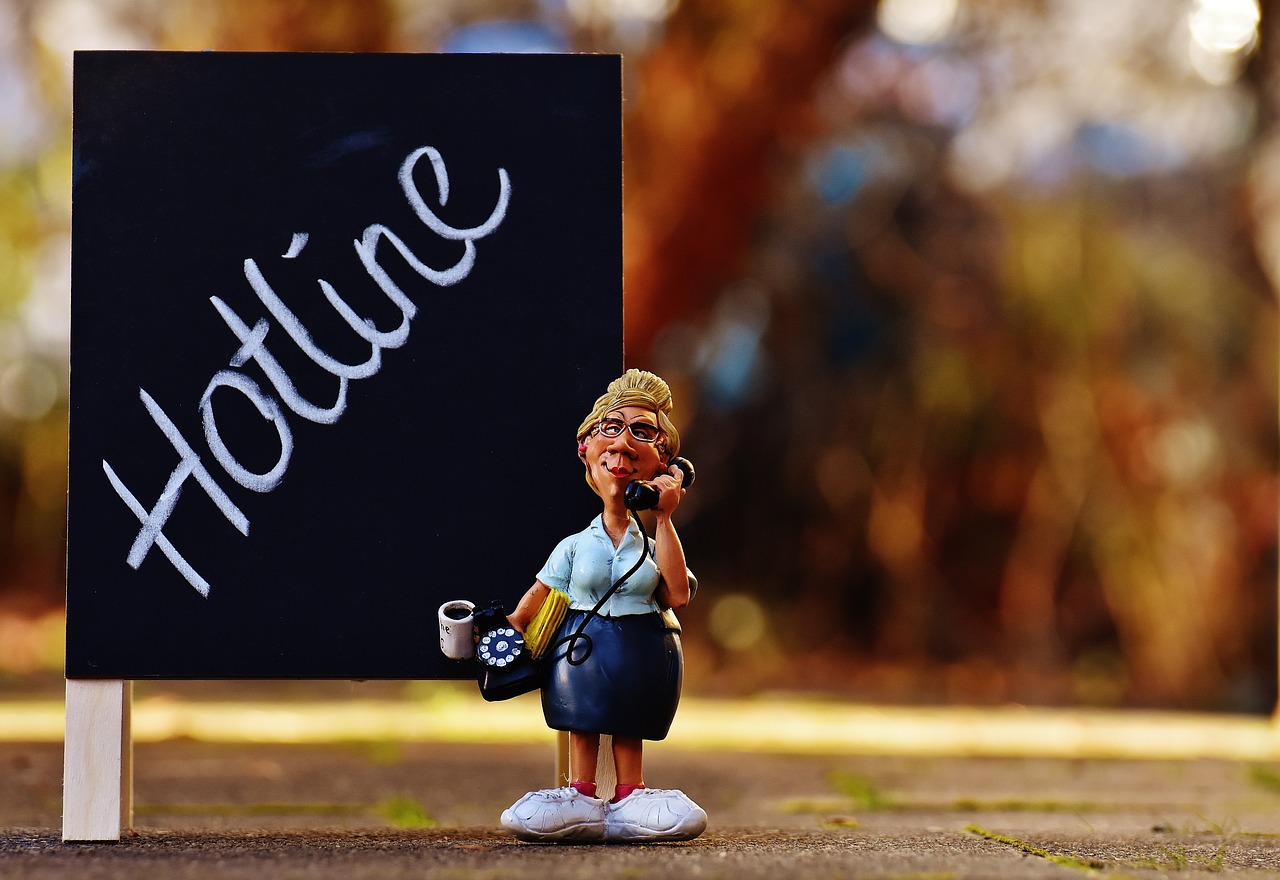The Psychology of Social Proof in Advertising
betsbhai9, radha exchange, lotus 365 login:The psychology of social proof in advertising is a powerful phenomenon that marketers have been leveraging for years to influence consumer behavior. Social proof refers to the tendency of people to look to others for guidance on how to behave, especially in ambiguous or uncertain situations. When we see others engaging with a product or service, we are more likely to view it positively and be influenced to make a purchase ourselves.
In advertising, social proof can take many forms, such as testimonials from satisfied customers, endorsements from celebrities or influencers, or statistics showing how many people have already bought a product. By showcasing these social cues, advertisers can create a sense of validation and trust around their brand, making it more appealing to potential customers.
Heading: The power of testimonials
One of the most common forms of social proof in advertising is the testimonial. When we see a real person sharing their positive experience with a product or service, we are more likely to trust that the brand delivers on its promises. Testimonials provide concrete evidence that others have had success with the product, making it easier for us to imagine ourselves in their shoes.
Heading: Celebrity endorsements
Another powerful form of social proof is the celebrity endorsement. When we see a well-known figure promoting a product, we are more likely to associate that brand with success, fame, and glamour. Celebrities have a strong influence over their fans, and their endorsement can lend credibility and prestige to a product in the eyes of consumers.
Heading: Influencer marketing
In recent years, influencer marketing has become a major force in advertising, particularly on social media platforms like Instagram and YouTube. Influencers build large followings based on their expertise or lifestyle, and when they recommend a product to their audience, it can have a significant impact on sales. By partnering with influencers, brands can tap into their trust and credibility to reach a wider audience.
Heading: Social media likes and shares
The rise of social media has made it easier than ever for brands to showcase social proof in real-time. When we see a post with hundreds or thousands of likes and shares, we are more likely to view it as popular and desirable. Social media metrics like these can create a sense of FOMO (fear of missing out) and push us to take action before it’s too late.
Heading: User-generated content
User-generated content, such as reviews, photos, and videos created by customers, is another powerful form of social proof. When we see real people using and enjoying a product, it can be more persuasive than any advertisement. Brands can leverage user-generated content to build trust and authenticity with their audience, inspiring others to follow suit.
Heading: The scarcity effect
The scarcity effect is another psychological principle that can be used in combination with social proof to drive sales. When we see that a product is in limited supply or high demand, we are more likely to perceive it as valuable and desirable. By highlighting scarcity in advertising, brands can create a sense of urgency and encourage customers to act quickly before they miss out.
Heading: FAQs
Q: How can I use social proof in my advertising efforts?
A: Consider incorporating testimonials, endorsements, influencer partnerships, social media metrics, user-generated content, and the scarcity effect into your advertising strategy.
Q: What are some examples of successful social proof campaigns?
A: Brands like Nike, Apple, and Coca-Cola have all leveraged social proof effectively in their advertising. Nike’s campaigns featuring professional athletes, Apple’s endorsements from tech influencers, and Coca-Cola’s iconic ads with happy customers are just a few examples.
In conclusion, the psychology of social proof in advertising is a powerful tool for marketers looking to influence consumer behavior. By showcasing testimonials, endorsements, social media metrics, user-generated content, and the scarcity effect, brands can create a sense of trust, credibility, and desirability around their products and services. Understanding the impact of social proof can help advertisers connect with their audience on a deeper level and drive sales in a competitive market.







